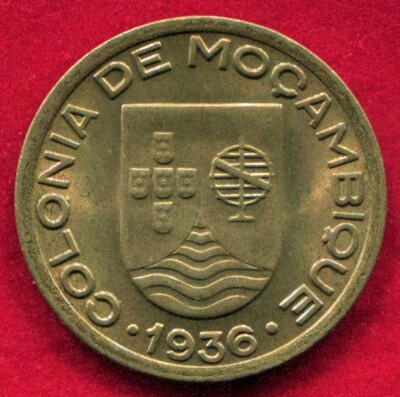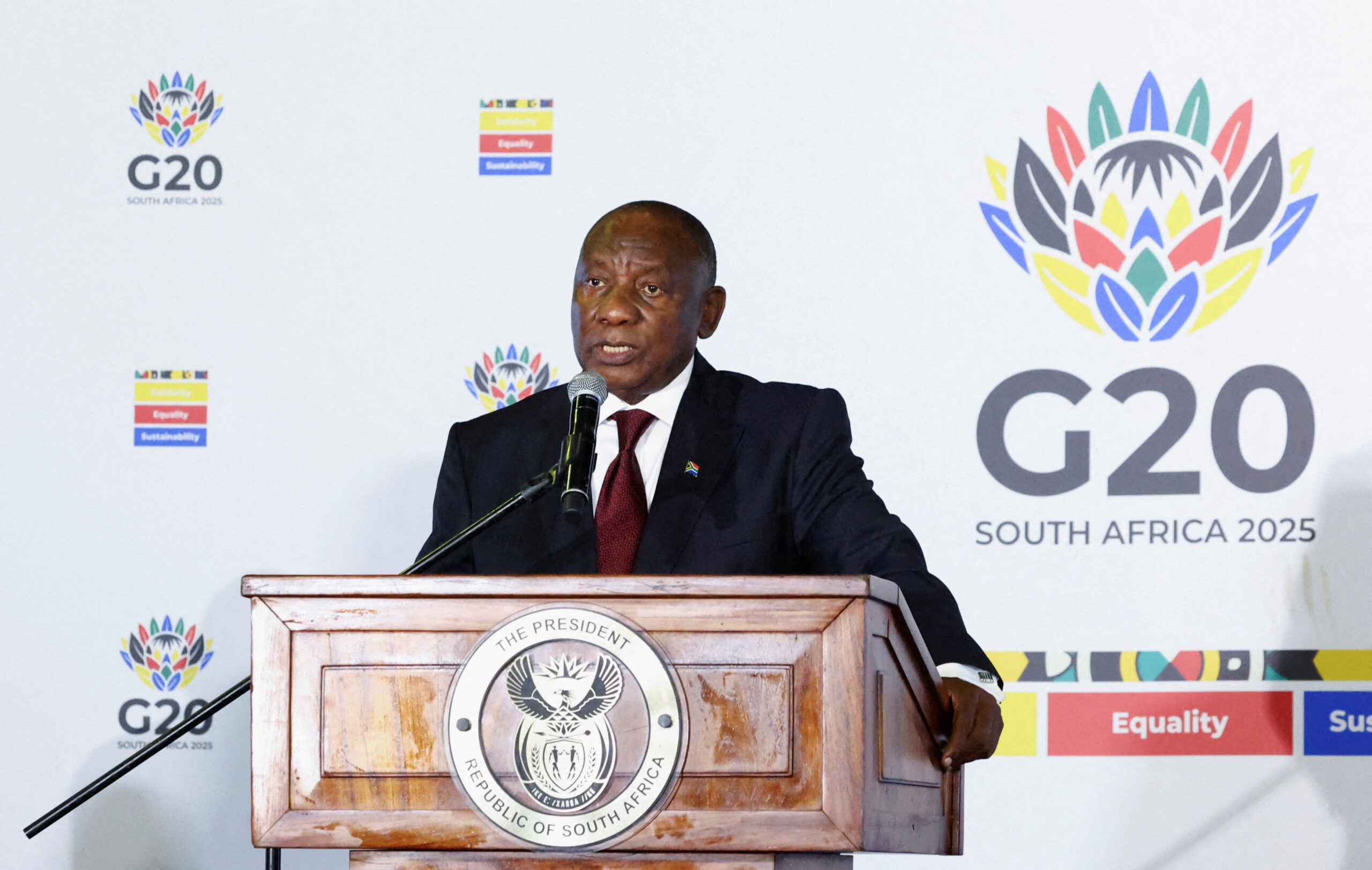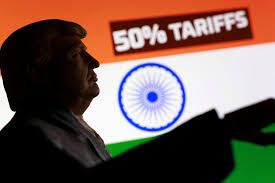Introduction
Mozambique, a country located on the southeastern coast of Africa, has increasingly become a focal point for international investors and development partners due to its rich natural resources and strategic geographic position. With an economy that has shown resilience amidst challenges, Mozambique’s potential for growth is significant. However, political instability, infrastructure inadequacies, and natural disasters pose ongoing threats to its economic progress.
Current Economic Landscape
As reported in recent global economic assessments, Mozambique’s GDP has been on a recovery trajectory following several years of economic downturn due to various crises, including natural disasters and the global pandemic. According to the World Bank, the economy grew by approximately 4% in 2022, driven primarily by the recovery of the agricultural sector and foreign investments in natural gas and mining.
The emerging liquid natural gas (LNG) sector in the northern part of the country has attracted over $20 billion in investment, transforming Mozambique into one of the potential top gas producers in the world. Major global companies, including TotalEnergies and ExxonMobil, are involved in LNG projects, stimulating job creation and infrastructure development across the region.
Challenges Facing Mozambique
Despite these positive indicators, Mozambique faces several notable challenges. One of the primary concerns is the ongoing political instability in the northern region, particularly in Cabo Delgado, where an insurgency linked to Islamist militants has disrupted local economies and displaced thousands of citizens. The conflict has spurred international humanitarian efforts but continues to pose a significant threat to security and regional stability.
Additionally, inadequate infrastructure remains a pervasive hurdle, with transport and energy deficiencies limiting trade and overall economic efficiency. While the government is making strides to address these issues, investments in transport networks and power generation need to be accelerated to support industrial growth.
Conclusion
The outlook for Mozambique’s economy is cautiously optimistic. While ongoing challenges such as political instability and infrastructure deficits may slow development, the substantial investments in the natural gas sector present considerable opportunities for economic transformation. For investors and stakeholders, Mozambique stands at a crossroads of potential opportunity and caution, necessitating strategic approaches to harness its abundant resources while simultaneously addressing the socio-political challenges that hinder progress. Continued international engagement and local governance improvements will be essential to ensure Mozambique navigates its path toward sustainable development.


